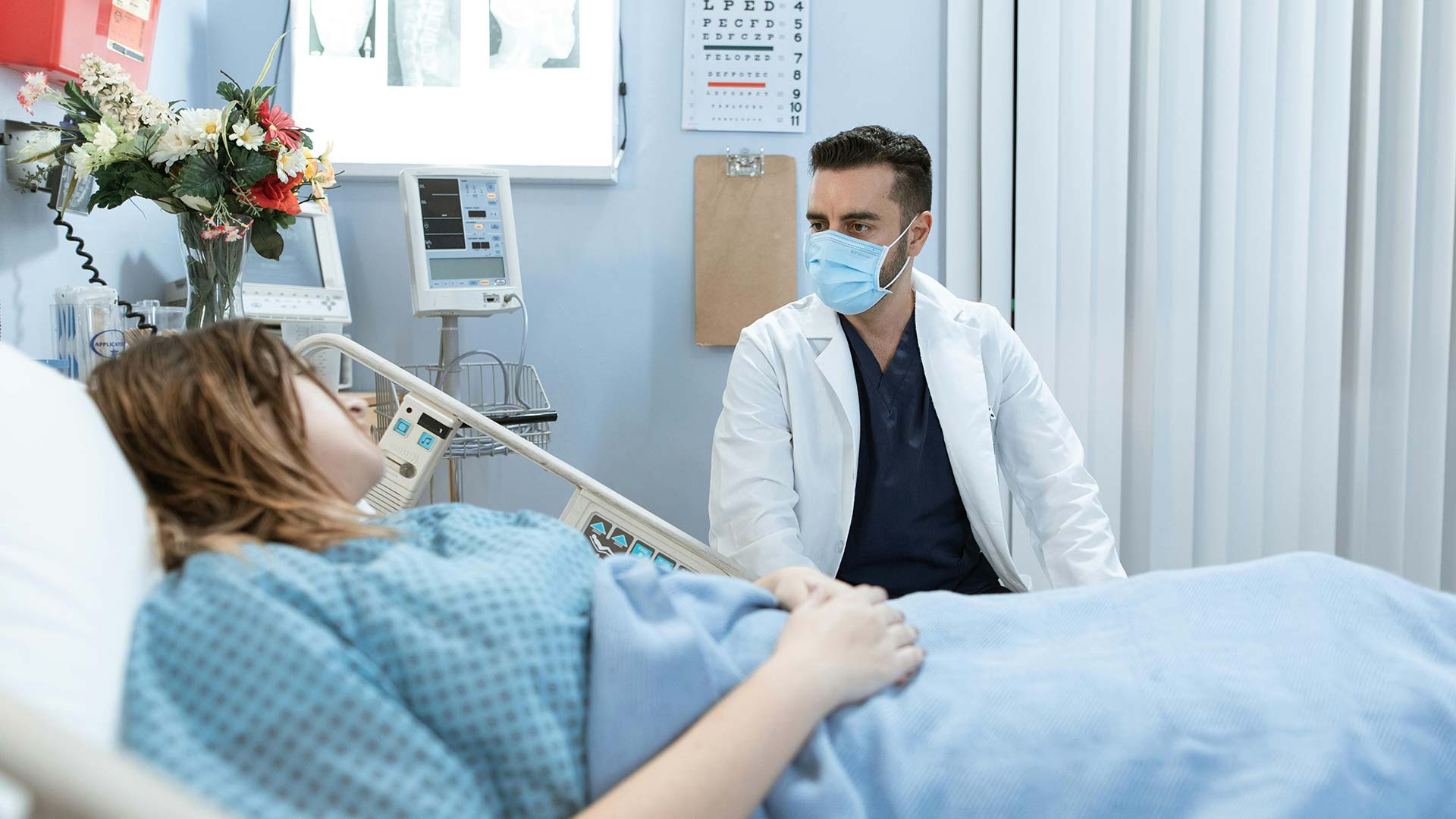Recent studies show a significant increase in gabapentin misuse, with a 40% rise in prescriptions leading to potential addiction. As the need for effective treatment grows, it’s crucial to understand the available options for managing this abuse.
Different treatment strategies are being explored to address Neurontin addiction, including behavioral therapy and medical interventions. By looking into these methods, individuals and healthcare professionals can better manage the complexities of addiction and recovery.









